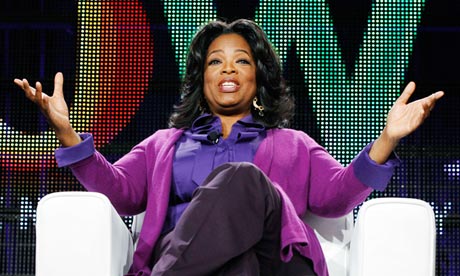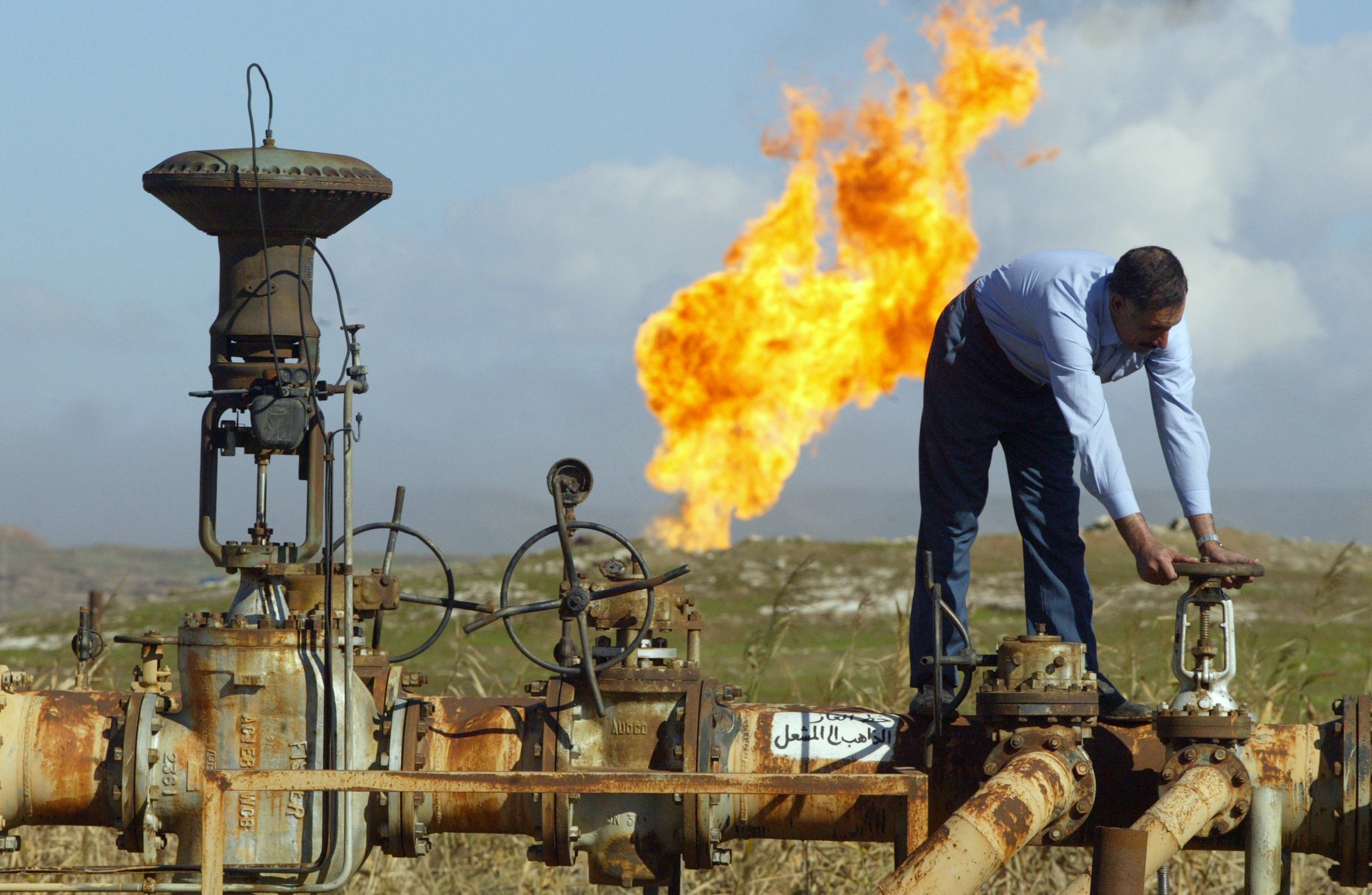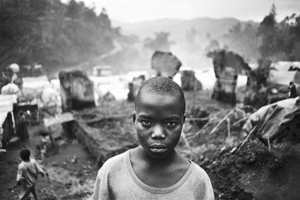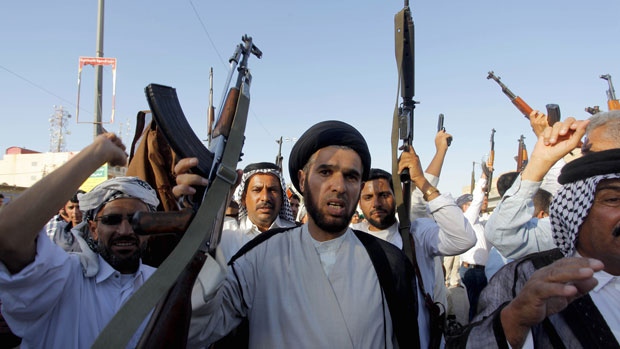In today’s world, advertising and marketing are a very integral part in the success of big business. Businesses and organizations rely on well planned advertising and marketing campaigns in order to appeal to the general public. One of the more notable strategies is celebrity endorsement. In the business world, celebrities are thought to be effective endorsers because they are viewed by the general public as trustworthy, believable, persuasive, and amiable. The measurable span of celebrity endorsement goes far beyond the realm of advertising and product promotion; it has also in recent years become a valuable tool in politics.
A significant portion of television advertising is dedicated to celebrity advertising, which means that advertising companies are aware of the benefits. It is widely accepted that celebrity endorsements generate an increase in the believability of an advertisement, enhance a person’s ability to recall an advertisement, and therefore create a positive attitude towards a brand by associating it with the celebrity’s fame.
“Oprah Winfrey’s endorsement was likely a deciding factor for Obama’s victory in the Democratic representative election in 2008.”

The history of celebrity endorsement in the United States is not as recent a phenomenon as one might imagine. Although celebrity endorsement in politics is much more frequent an occurrence in the present day, it did occur in the early 20th Century. The history of celebrity endorsement dates back to the 1920 presidential campaign of Warren Harding, who was endorsed by a number of famous film stars of that time. The trend continued in 1960, when John F. Kennedy gained the support of the acclaimed “Rat Pack,” which was a group that consisted of some of the most famous entertainers of the era, including Sammy Davis Jr. and Dean Martin. Another notable celebrity endorsement in the history of American politics came again in the 1980 Presidential election from the entertainer Frank Sinatra, along with other celebrities, who endorsed presidential hopeful Ronald Reagan. During the early 20th century the impact of celebrity endorsement was not measured or calculated as it is in the present day.
Despite many political contests where celebrity endorsements have been employed, there has been little done to understand what effect celebrity endorsements have on political outcomes. In the last 10 years celebrity endorsement has become much more apparent and meaningful to the general public. Political candidates have placed a strong emphasis on managing their campaigns to include appearances with celebrities that are held in high regard by the general public. Recently, celebrities like Chuck Norris, Barbra Streisand, and most notably Oprah Winfrey have pledged their public support for political candidates with hope of swaying the American electorate towards the candidate they support.

The most significant case of celebrity endorsement of a political candidate in recent times is television personality Oprah Winfrey’s rigorous endorsement of 2008 presidential candidate Barack Obama. The examination of this particular endorsement can help us to better understand the importance of celebrity endorsements on an electorate with statistical significance. Oprah Winfrey’s endorsement of Barack Obama in the 2008 Democratic primary is statistically significant at a 95% confidence interval. Winfrey’s endorsement of Barack Obama accumulated between 423, 123 and 1,596, 995 total votes for Obama. Although the number of votes that Winfrey’s endorsement successfully obtained for Obama is very rangy, it is extremely significant considering Obama defeated Hilary Clinton for the Democratic nomination by 278, 966 votes. This means that Oprah Winfrey’s endorsement was likely a deciding factor for Obama’s victory in the Democratic representative election in 2008.
Since celebrity endorsement does have a statistical significance in the political outcomes, it is imperative to assess this phenomenon, and the dangers associated with it. Although this cannot be applied broadly, most celebrities have a lack knowledge and expertise in politics, and celebrity endorsement can result in serious political issues becoming trivialized in an attempt to give celebrities more of a philosopher-celebrity status. The political opinions of musicians, movie stars, and athletes are taken by some voters with significant value, and that leads politicians to use the celebrity’s influence to their advantage. However, there is a significant risk in employing a celebrity endorsement strategy because celebrities may not express themselves to the masses in the same politically correct manner as most politicians, therefore some politicians do run the risk of being negatively affected by celebrity endorsers.
With all of the risks involved, it appears as that the reward of a successful celebrity endorsement is too appealing for modern politicians to pass up, as the benefits of celebrity endorsement are statistically significant. It is apparent that a new age of politics is upon us, whether it impedes the traditional political discourse or not. The fact of the matter is, when the celebrities speak, the people listen.




